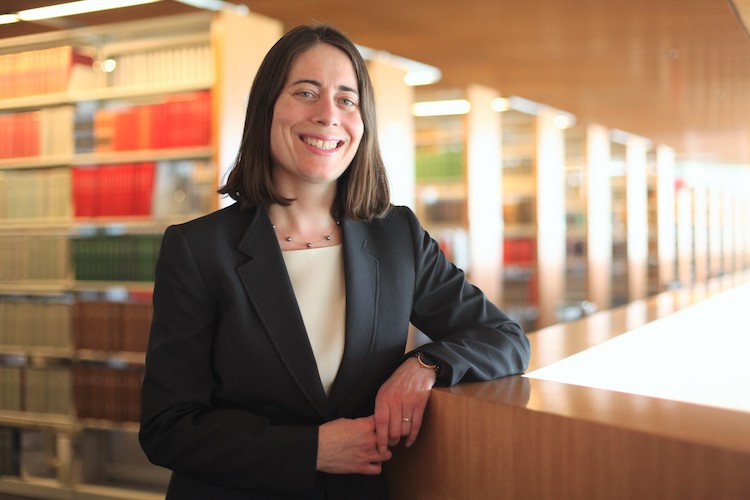Saying yes has been part of this law school dean’s strategy during the COVID-19 pandemic
Hari Osofsky.
As the dean of Pennsylvania State University's law school during the COVID-19 pandemic, and at a time of significant social unrest, Hari Osofsky tried to say yes whenever possible.
Leadership involves taking in a variety of viewpoints, she explains, and recognizing what students, professors and administration want is a good way to guarantee people that they are being heard.
In August, she starts a new job, as dean of Northwestern University’s Pritzker School of Law. She anticipates that the two schools will be back to in-person classes this fall. But she also wonders whether some aspects of the pandemic might stay with legal education, which she has thought was on the brink of significant change even before the pandemic.

Apple | Spotify | Google Play
.png)
In This Podcast:

Hari Osofsky
Hari Osofsky is the dean of Pennsylvania State University’s law school. Starting in August, she will become the dean of Northwestern University’s Pritzker School of Law. Her academic work focuses on addressing injustice in energy and climate change regulation. She been a president of the Association for Law, Property & Society, and she’s also a member of the Society of American Law Teachers’ board of governors. In 2019, she was selected by the ABA’s Legal Technology Resource Center for its Women of Legal Tech initiative.




